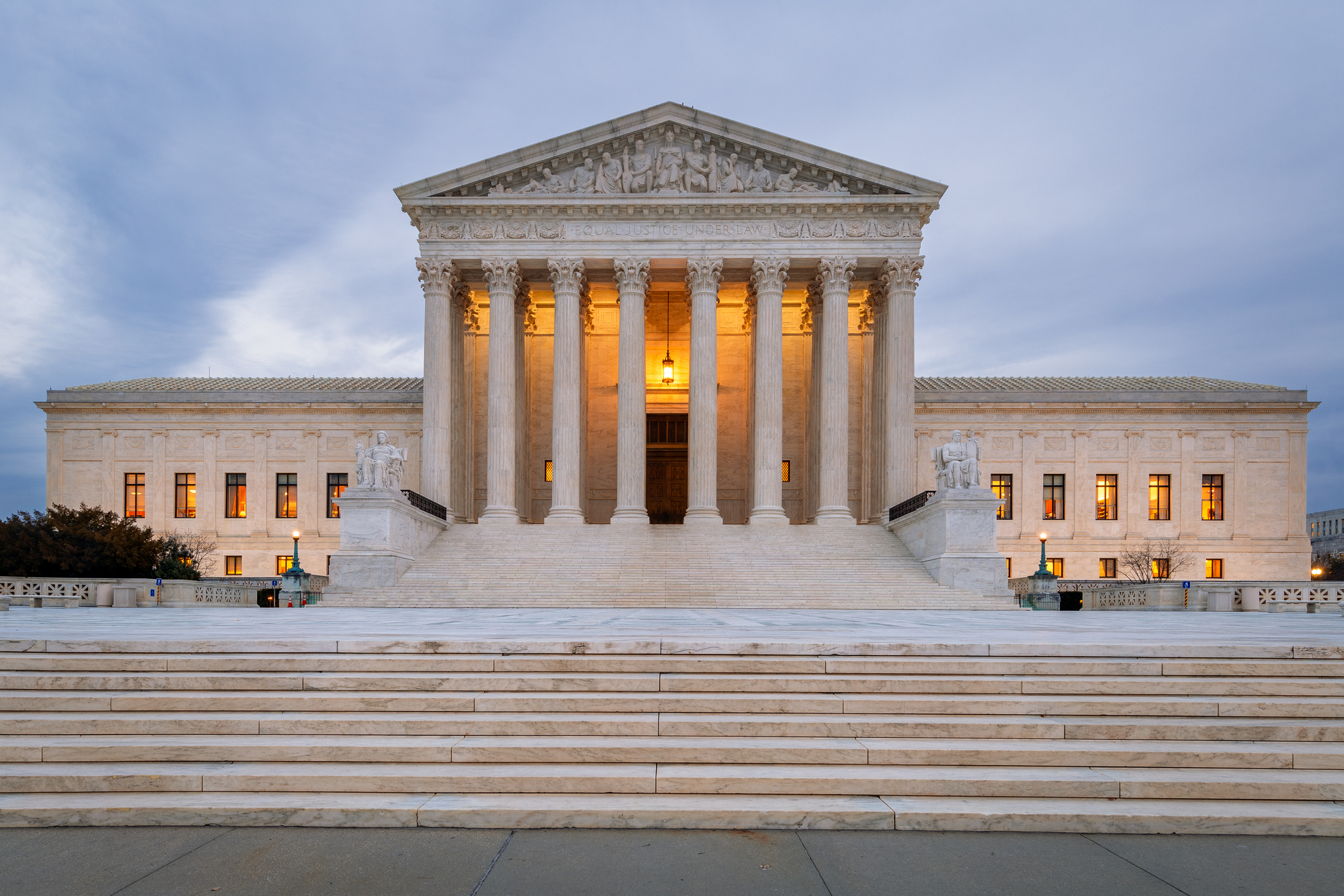Supreme Court split over challenge to Indian Child Welfare Act


A free daily email with the biggest news stories of the day – and the best features from TheWeek.com
You are now subscribed
Your newsletter sign-up was successful
The Supreme Court heard arguments Wednesday over the legality of the Indian Child Welfare Act (ICWA), a federal law that prevents Native children from being separated from their tribes.
The challenge to the statute comes from the state of Texas and a non-Native American adoptive family who argue the law violates the equal protection clause of the Constitution, The Wall Street Journal reports.
Challengers argue the ICWA "deprives children of an individualized assessment of their own best interests." Meanwhile, the defendants — the Biden administration and a number of Native tribes — argue the law allows for individual assessments but also considers the child's relationship with their tribe.
The Week
Escape your echo chamber. Get the facts behind the news, plus analysis from multiple perspectives.

Sign up for The Week's Free Newsletters
From our morning news briefing to a weekly Good News Newsletter, get the best of The Week delivered directly to your inbox.
From our morning news briefing to a weekly Good News Newsletter, get the best of The Week delivered directly to your inbox.
The court appeared to be split, with Justice Brett Kavanaugh remarking that Congress could not "say that white parents should get preference for white children in adoption, or that Latino parents should get preference for Latino children."
Other justices explained the classification was a political one and not a racial one, Reuters reports. "Congress is very clear ... that it thinks that this statute is critical to the continuing existence of the tribe as a political entity," Justice Elena Kagan said.
The 1978 statute was originally passed after Congress found that public and private adoption agencies had taken hundreds of Native American children, even forcibly, and placed them into homes and institutions with no connection to their tribes, explains NPR. "About a third of native children were adopted away," said Cherokee Nation chief Chuck Hoskin Jr., "[A]bout 85 percent were adopted outside of tribal families."
"Congress found that ICWA was in the best interest of the children," said defense lawyer Ian Gershengorn.
A free daily email with the biggest news stories of the day – and the best features from TheWeek.com
Devika Rao has worked as a staff writer at The Week since 2022, covering science, the environment, climate and business. She previously worked as a policy associate for a nonprofit organization advocating for environmental action from a business perspective.
